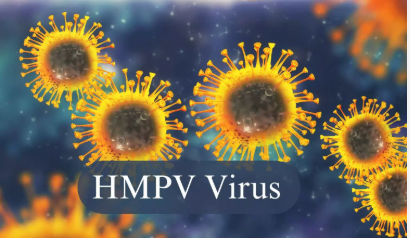
The year 1996 marked the 200th anniversary of the birth of homeopathy founded by Samuel Hahnemann.
The global impact over the past two centuries has been enormous and homeopathy is
now the second most widely used medical system in the world. Research findings from the World Health Organization indicate that the top four therapies are: 1) Chinese medicine, 2) Homeopathy, 3) Orthodox Western medicine, and 4) Herbal medicine.
Homeopathy is holistic medicine. In treating an illness it takes into account the unique psychological, emotional and physical characteristics of the individual concerned. The homeopathic practitioner also seeks to understand the person and how exactly they have become ill at this particular point in their lives. The study of the individual in the context of their environment, relationships, habits, aspirations, background, heredity and susceptibility to disease serves to reveal a complete picture of what constitutes dis-ease in that person.
"Within every patient there resides a doctor and we as physicians are at our best when we put our patients in touch with the doctor inside themselves".
“The curative process of disease is by the dynamic action of medicinal substances upon the vital force. The crude elements of a drug can only act upon the organs and tissues of the body, producing physiological results; but the dynamis of that same drug, unfolded and developed, its inner nature dynamised, reaches the inner nature of man, controlling his thoughts and emotions, his loves and hates, and all that pertains to his innermost being.”–
J.C. Holloway, MD







